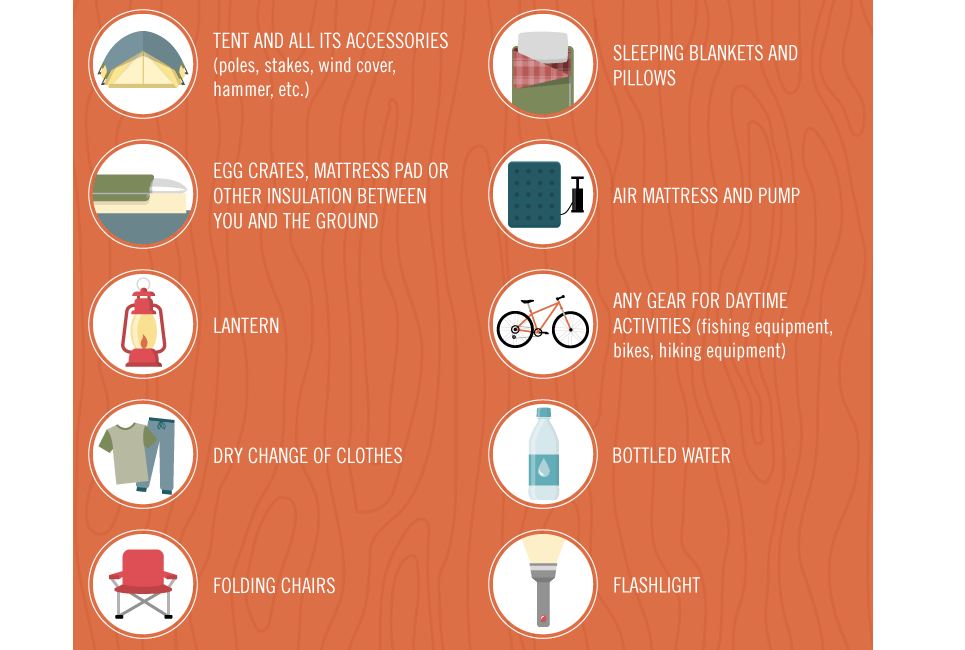Picking the right framework material is essential for occasion tents. Whether it's coated steel for budget tents or anodized light weight aluminum for sturdy applications, there are several considerations to keep in mind.
Steel structures prevail in lower-priced pop-up camping tents however are prone to rust even with coatings and call for normal maintenance. Aluminum is light-weight, normally withstands rust, and stands up well in damp or coastal environments.
Steel
When it involves making certain the toughness of custom-made camping tents, the material made use of in their frameworks plays an important duty. Steel and light weight aluminum alloys both provide costs longevity, however each offers one-of-a-kind advantages that make it suitable for different sorts of settings. Steel is optimal for tough problems, while aluminum master withstanding corrosion and minimizing upkeep costs.
When occasion hosts choose the right outdoor tents for their requirements, they require to think about factors like anticipated weather conditions. As an example, framework outdoors tents commonly carry out much better in gusty or stormy problems than pole tents since they don't count on a central post to sustain the structure. Nonetheless, the connections in between frame items can compromise in high stress and anxiety situations. Recognizing these weaknesses and doing regular assessments can aid avoid possible damage.
Steel frameworks are tough to cut, weld or form, which can need specialized devices and increase labor prices. In addition, they tend to rust or corrode conveniently and may require extra defense or coverings. Furthermore, steel is extremely hefty and can cause issues when moving a cover. It's likewise challenging to save for long periods of time due to the fact that it uses up more space than light weight aluminum frames.
Aluminum
Light weight aluminum is a popular framework product for cover camping tents due to the fact that it's light-weight, rust-resistant, and easy to deliver and set up. It also supplies an extra stable shelter during gusty problems than steel frames. Light weight aluminum is much less vulnerable to tearing and any damages can be easily fixed, prolonging the life of the outdoor tents. It also takes a breath to lower condensation and supplies superior acoustic insulation to wet outdoors noise.
The toughness of aluminum framework outdoors tents is canvas laptop bag further improved by the natural oxidation buildings of the metal. It creates a compact oxide layer that safeguards the surface area from corrosion and stains. Because of this, the durability of a light weight aluminum turn up outdoor tents can be boosted also better when the structure is anodized.
Plated light weight aluminum is stronger than steel and can withstand high wind speeds. In addition, the covering resists rust and spots, extending the lifespan of the camping tent. Additionally, anodized light weight aluminum is recyclable and lasting, making it suitable for services looking for LEED qualification. The mix of these buildings makes aluminum a more cost-effective alternative than steel for huge, sturdy outdoors tents, such as those utilized to fit industrial equipment and warehouse inventory. Steel, on the other hand, is extra pricey since it needs expensive alloys such as nitrogen, molybdenum, and chromium to enhance toughness.
Iron
Iron framework camping tents usually last up to 15 years if the right care and upkeep is used. This includes on a regular basis cleaning up fabric and evaluating steel elements for corrosion and wear. By taking these actions, occasion hosts can make best use of the integrity of their structures and ensure their ongoing performance in difficult atmospheres.
Steel is a suitable material for constructing sturdy camping tents, especially for usage in extreme weather. It is a strong, tough, and affordable product that uses stability and resilience for a wide range of applications. Nonetheless, steel is prone to rusting in damp and coastal atmospheres. The addition of safety finishings and regular upkeep can aid to alleviate this risk, yet these efforts increase general maintenance expenses.
On the other hand, aluminum is an extra long lasting choice for a custom-made tent as a result of its natural oxidation buildings. When anodized, light weight aluminum becomes super-strong and as much as three times more challenging than basic light weight aluminum alloys. This makes anodized light weight aluminum the second-hardest material beside ruby (satellites, aircraft, and armed forces lorries all use anodized light weight aluminum). In addition to its resilience, plated aluminum is likewise more immune to corrosion than steel. These aspects make aluminum an excellent selection for pop up cover tents and contribute to their capacity to carry longer service warranties (5, 7, and even lifetime structure warranties). Furthermore, light weight aluminum is 1/3 the weight of steel enabling a much thinner structure design for more modification options and boosted toughness.
